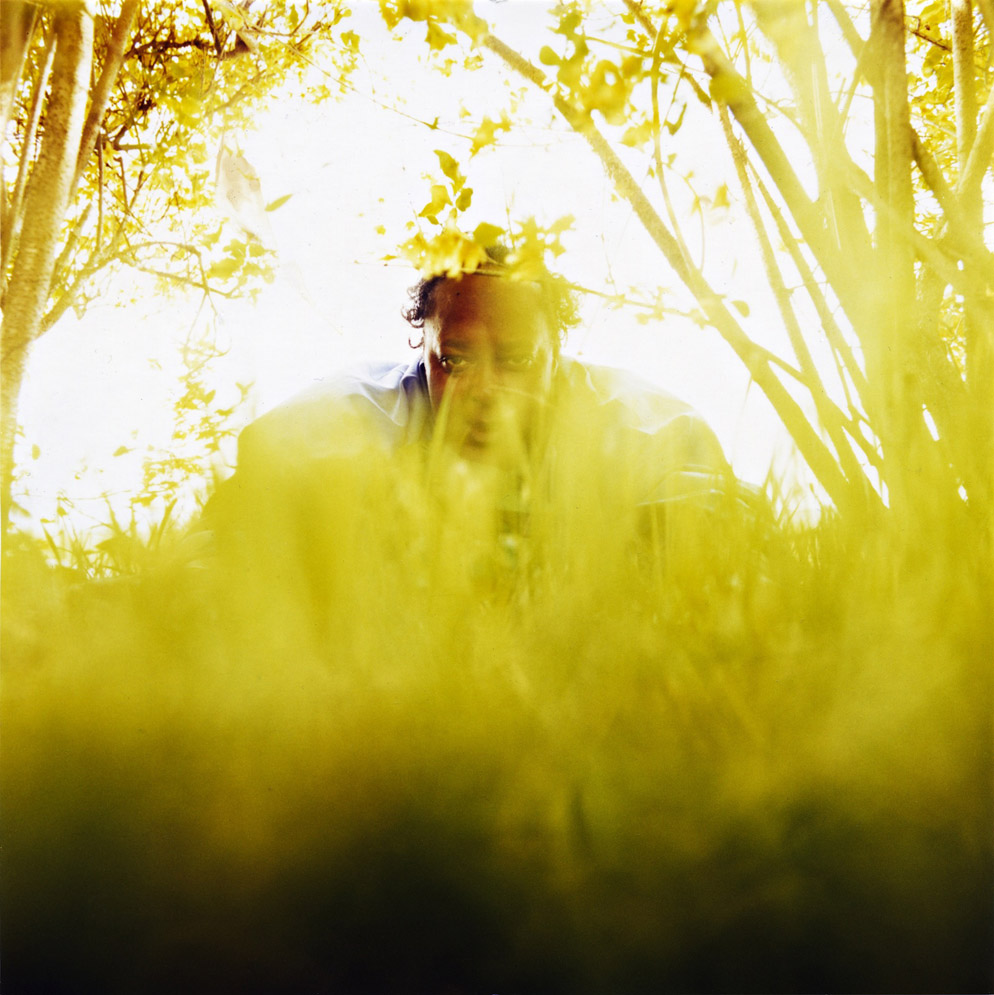
In her work, Elaine Stocki is a bit of a shape shifter. It’s hard to know by looking at the images, for example, if they come from a man or a woman. The perspective of the photographer is raceless, classless – even ageless. Stocki believes that this vagueness is central to her work: she endeavors to explore people without regard to their identities and in mixed groups. She prefers strangers to whom she can develop an intimacy from scratch.
“I like working with groups of people – groups of bodies because there’s an unexpected element to it,” she says, adding that she favors those who aren’t self-conscious doing odd things for the camera in public places. “And I don’t photograph people who I don’t like personally.”
Her vision has paid off this year in the form of a Grange Prize nomination—the prestigious Canadian public-voted major art award with a $50,000 prize—for her graduate school thesis project, Balcony. Stocki was one of four finalists, two of whom are mid-career artists. She’s still young and just a couple of years out of Yale’s MFA program. But her seemingly effortless complex compositions and intimate character studies have been earning her critical acclaim since her undergraduate days.
Growing up in Winnipeg, Man., Stocki was often photographed by her father, who was the designated family photographer and favored medium-format images taken with a Hasselblad. But it wasn’t until she was halfway through a Bachelors’ degree in chemistry at the University of Manitoba that she realized how much she needed an artistic outlet. Soon after, she settled on photography.
Armed with an undergraduate degree in photography, Stocki moved from her hometown to New Haven, Conn. But New Haven was more confusing than she anticipated.
“I felt like a fish out of water, even though my work was supported,” she says of her time at school in the disjointed city, which couples a modest local economy and a bit of urban decay with the wealthy bubble of the Yale campus. “I think for grad students with working class backgrounds, it’s a bit surreal to be thrown into this world of extreme privilege and to be told that you belong to this community. It didn’t feel true.”
In those first few months, Stocki experienced a wide range of emotions, including some anger and frustration over the disconnect between community and school. It was in this period that she met William, a man who was known around campus for occasionally panhandling. Stocki asked William to model for her and the rest is history: the two grew close and Stocki was able to meet his live-in girlfriend, family and friends. Theirs was a two-year relationship built on friendship and on a stunning collection of work.
While the school continued to feel foreign to her, the surrounding town reminded her of Winnipeg: a working class population in a town with a great deal of open and forgotten space. She found it easy to move around the city, using its landscape as her backdrop without worrying about interference. Walking around outside Yale’s reach, she found small areas that caught her eye: porches, a rock wall. She’d bring William or one of her other subjects to that space—alone or in a group—and begin to set up one of the layered scenes for which she is known and admired.
Just don’t make it about her personal identity or the differences between her and her subjects. “For me it’s about creating a dialogue that is inclusive and not focused on race or class,” she says. “These people felt like my community.”
Elaine Stocki is a Brooklyn-based photographer. See more about her series here.
Meredith Melnick is a reporter at TIME. Find her on Twitter at @MeredithCM.
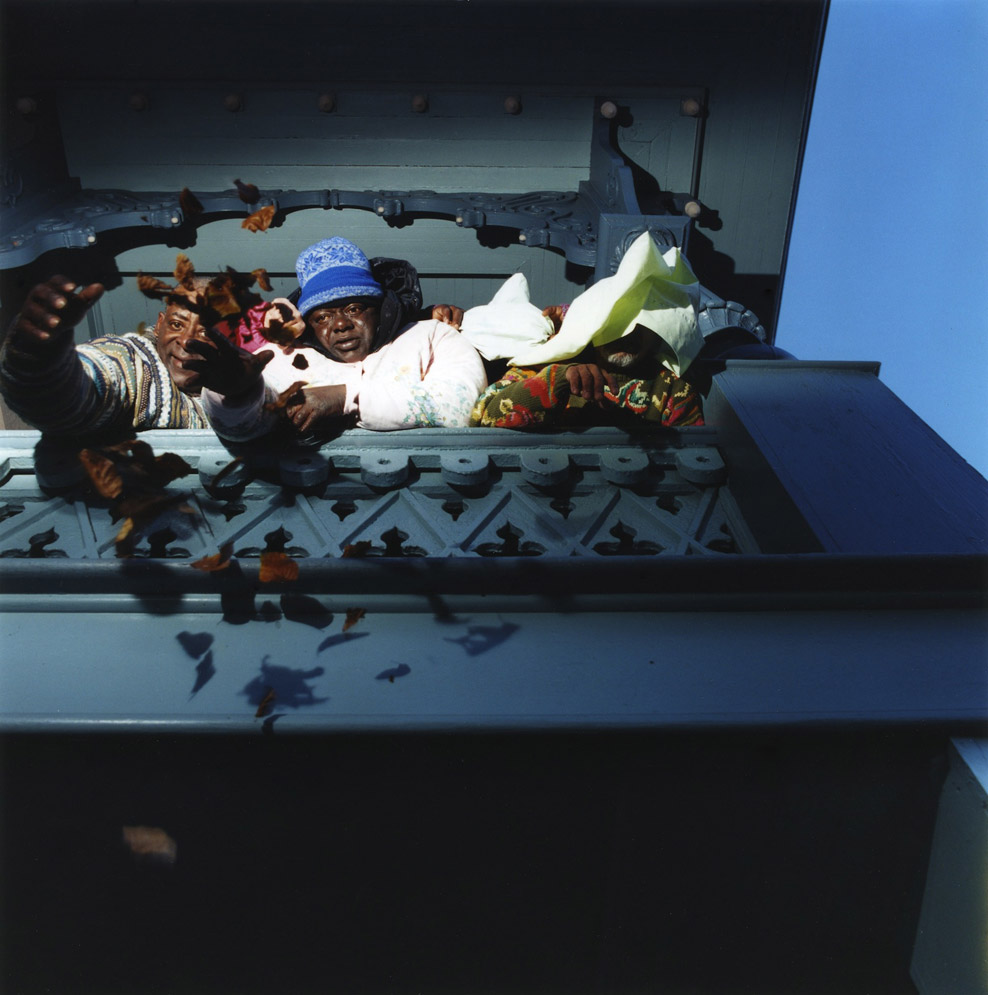
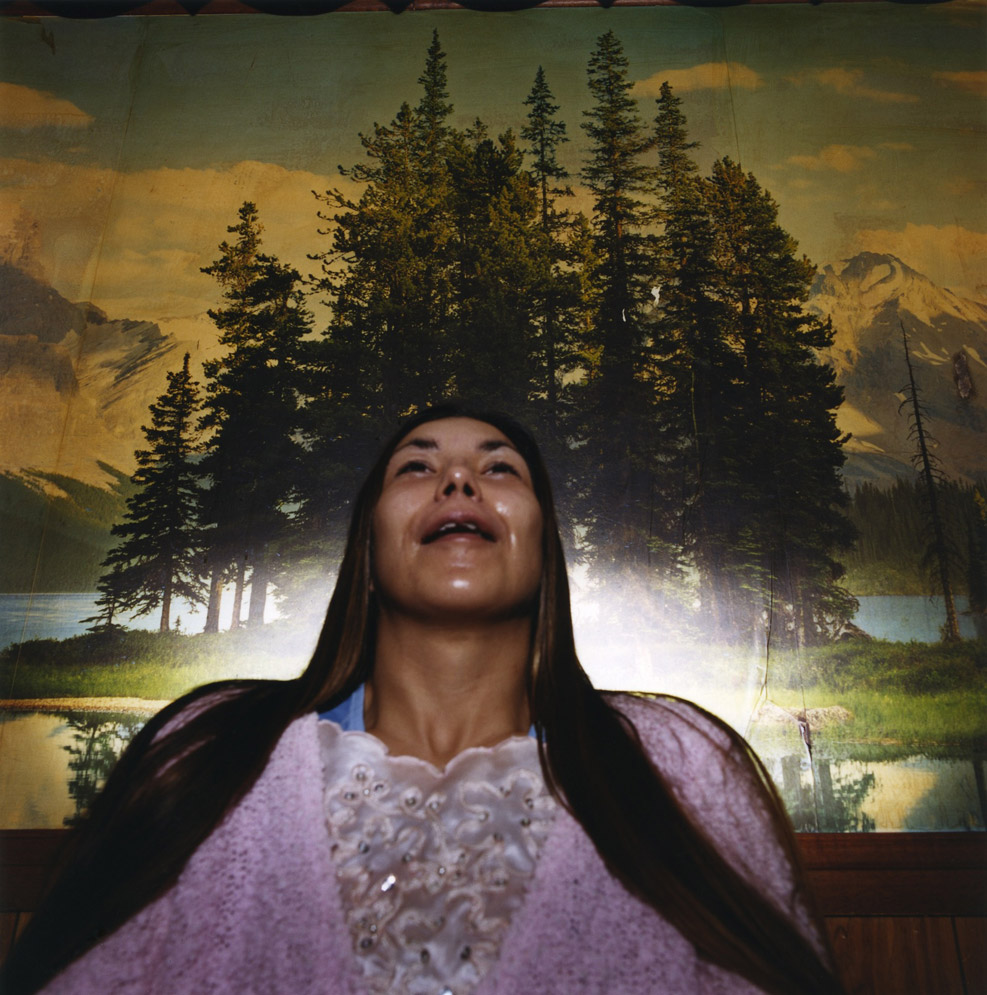
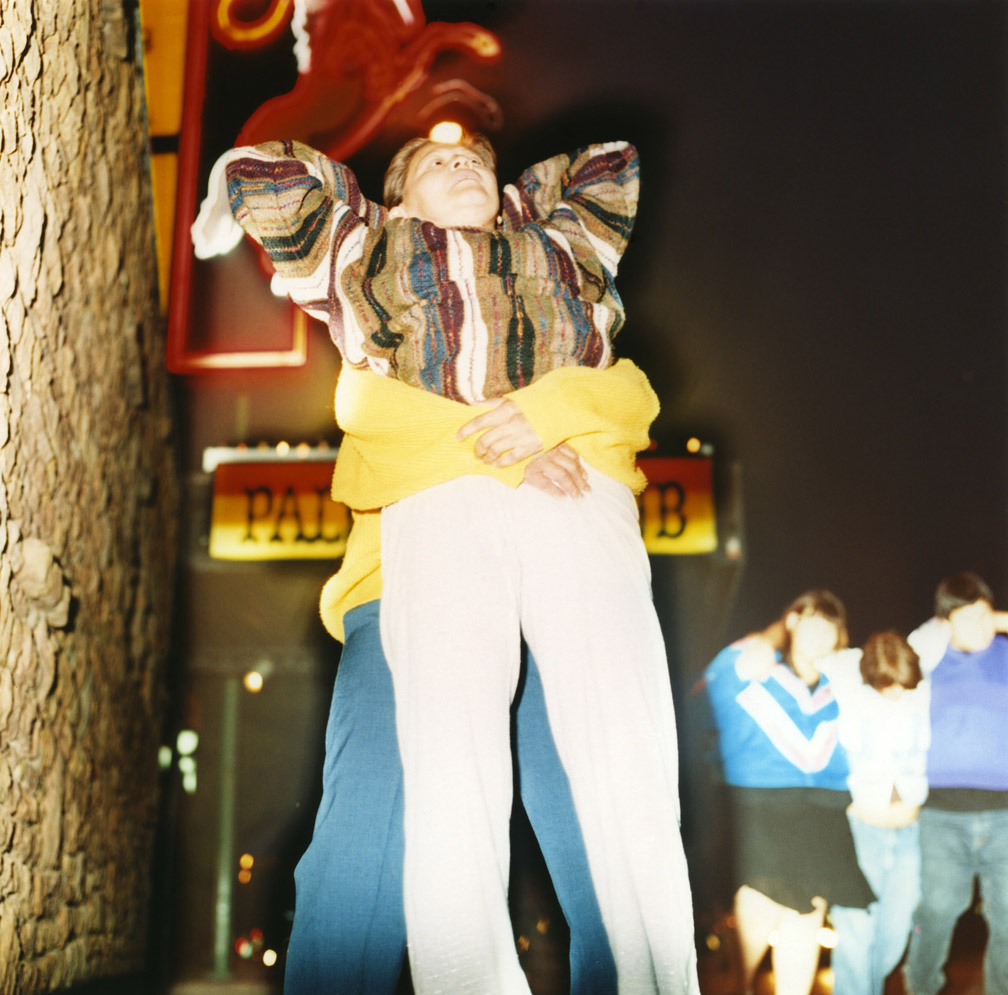
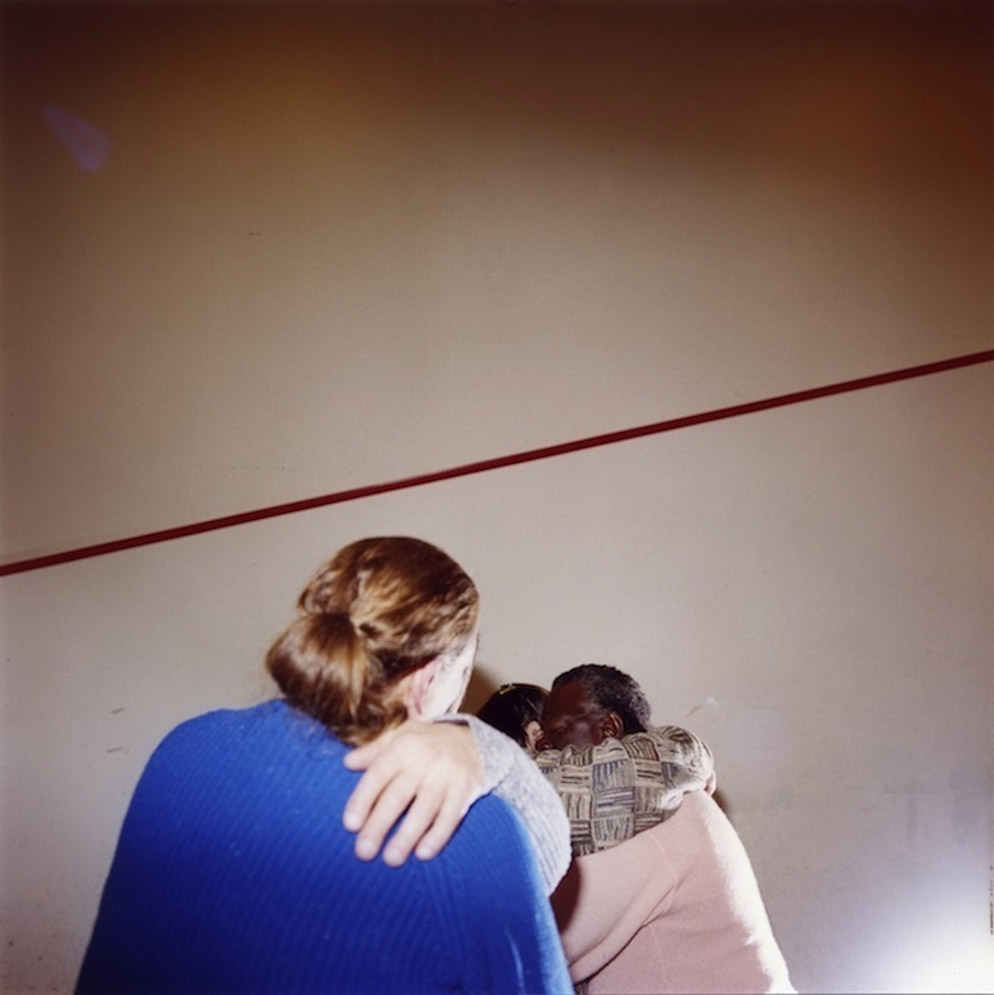
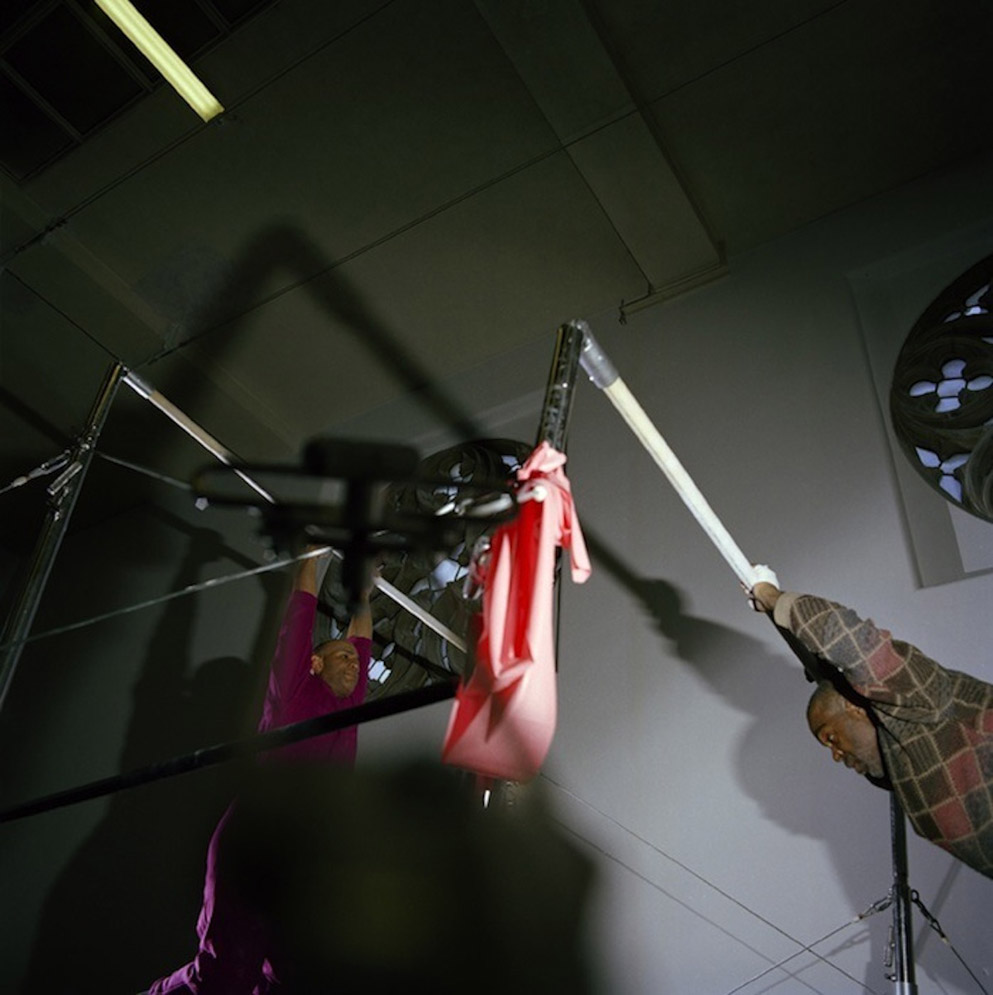
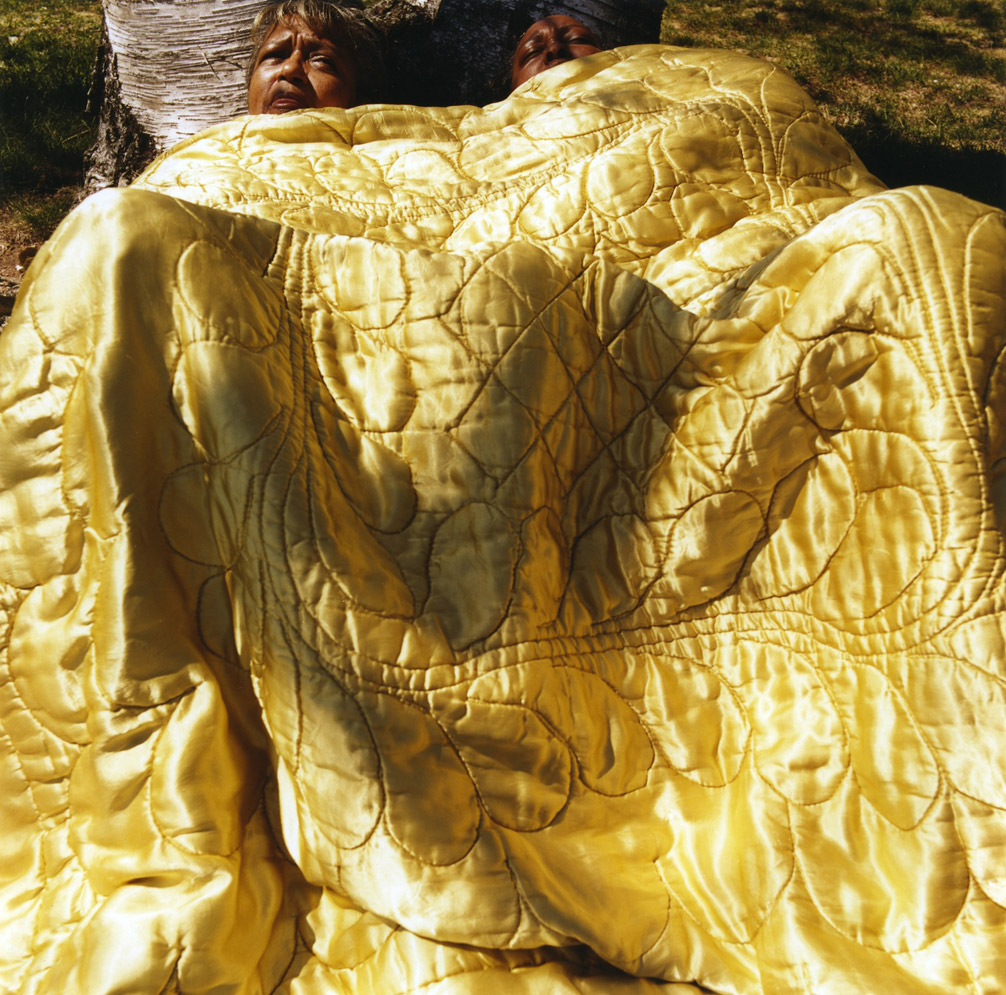

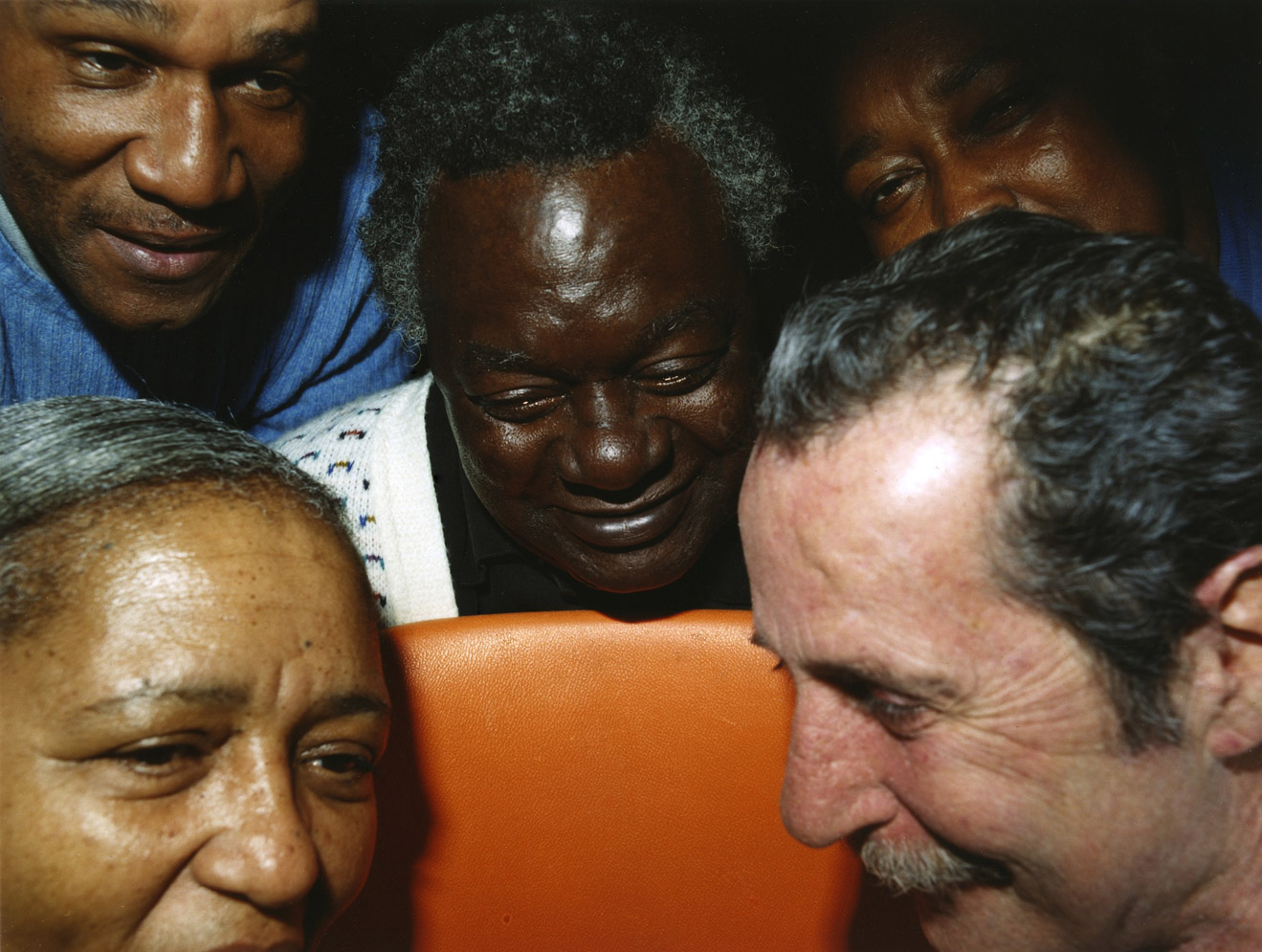
More Must-Reads from TIME
- Donald Trump Is TIME's 2024 Person of the Year
- Why We Chose Trump as Person of the Year
- Is Intermittent Fasting Good or Bad for You?
- The 100 Must-Read Books of 2024
- The 20 Best Christmas TV Episodes
- Column: If Optimism Feels Ridiculous Now, Try Hope
- The Future of Climate Action Is Trade Policy
- Merle Bombardieri Is Helping People Make the Baby Decision
Contact us at letters@time.com